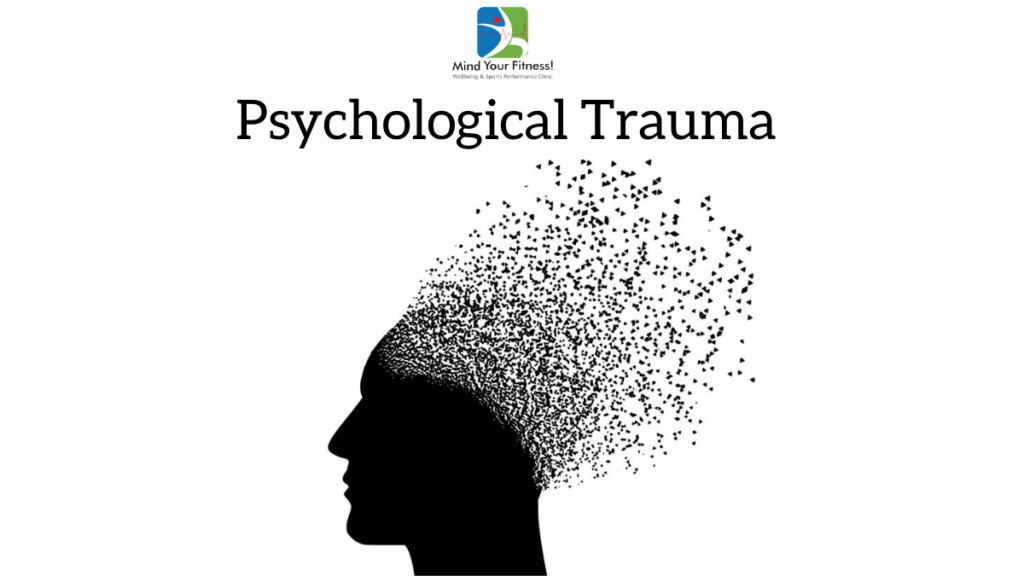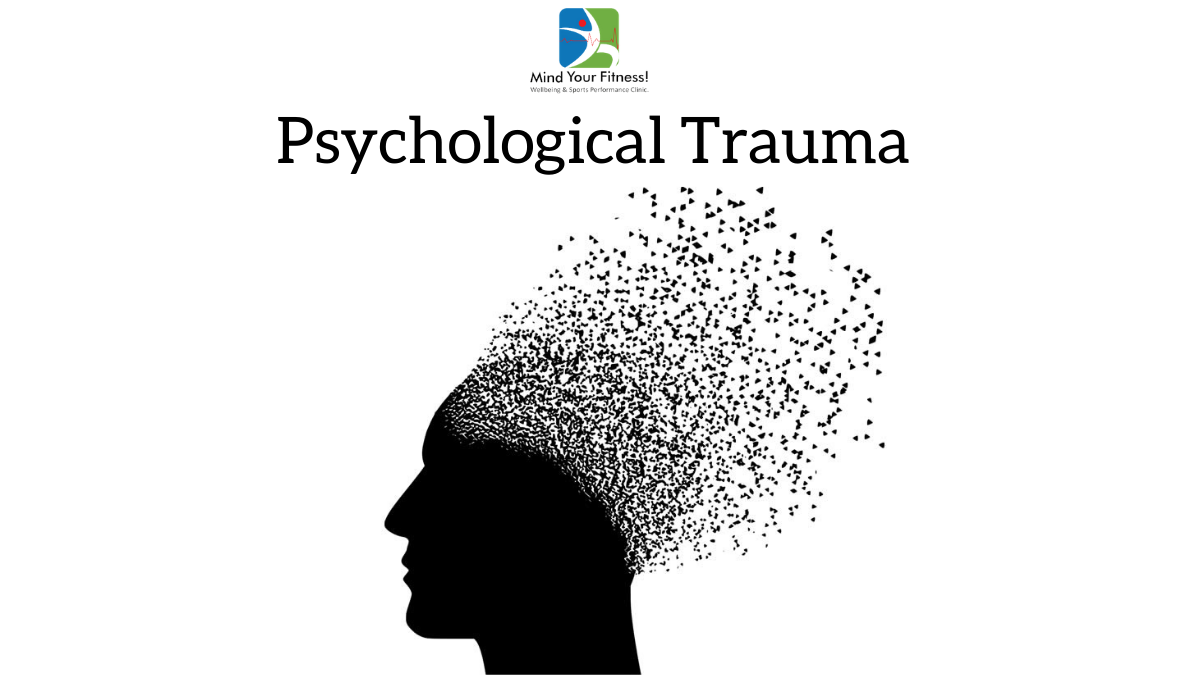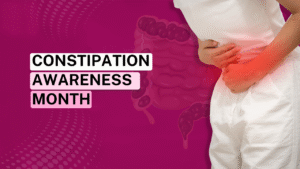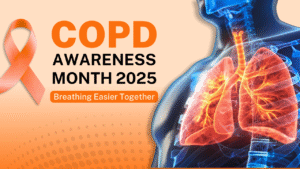
Psychological or emotional trauma occurs when a person is faced with a situation that causes distress or fright.How one experiences or reacts to trauma, can differ. The general belief is that in order for an event to be traumatic it has to be life threatening; however just feeling completely alone or totally overwhelmed can leave a person feeling traumatised.
Therefore it is not just about the facts of the event, but also a person’s emotional experience. MRI and CT scans reveal that trauma can change the structure and functions of the brain even without physical harm.
Types of trauma
a) Acute trauma : when faced with a single distressing or life threatening experience
b) Chronic trauma: When experiencing repeated and prolonged exposure to highly stressful events
c) Complex trauma: when there is exposure to different kinds of traumatic events
d) Secondary trauma: when one is in close contact with a person experiencing a traumatic event
Events that could result in psychological trauma
- Natural calamities like tsunamis, fires, or earthquakes
- Physical violence
- Sexual abuse
- Mistreatment in childhood
- Being involved in an accident
- Acts of general violence like war, terrorism or armed burglary
Events that could be psychologically traumatic but are sometimes overlooked
- Bullying/Harassing
- Death or suicide of a loved one
- Divorce or breakup
- Surgery
- Injuries due to sports
- Diagnosis of a life-threatening disease
- Childbirth
Post Traumatic Stress Disorder (PTSD)
Most people who develop symptoms of trauma recover from it in a few weeks, however trauma can have long term effects too and could lead to PTSD.
Symptoms
- PTSD symptoms can be persistent, distressing and interfere with a person’s daily life.
- There may be difficulties in personal and professional relationships.
- Trust issues or the inability to achieve closeness in relationships
- Communication and problem solving gets affected
- Severe anxiety ,flashbacks and memories of the traumatic event occur
- Avoiding certain places or people in order to avoid triggers of the traumatic event
- There could be sleep problems, nightmares ,irritability, being easily startled ,angry outbursts and aggressive or reckless behaviour
- There could also be physical symptoms like sweating ,trembling, headaches ,dizziness
- and aches and pains.
- Traumatic events can impact anyone but it does not always result in PTSD. Recovery is fastest among those who have support and are willing to go in for therapy in order to learn the skills to heal and manage the symptoms.
- There may be difficulties in personal and professional relationships.
- Trust issues or the inability to achieve closeness in relationships
- Communication and problem solving gets affected
- Severe anxiety ,flashbacks and memories of the traumatic event occur
- Avoiding certain places or people in order to avoid triggers of the traumatic event
- There could be sleep problems, nightmares ,irritability, being easily startled ,angry outbursts and aggressive or reckless behaviour
- There could also be physical symptoms like sweating ,trembling, headaches ,dizziness
- and aches and pains.
Traumatic events can impact anyone but it does not always result in PTSD. Recovery is fastest among those who have support and are willing to go in for therapy in order to learn the skills to heal and manage the symptoms .
~ Sujatha Kumar, Clinical Psychologist, Mind Your Fitness!





